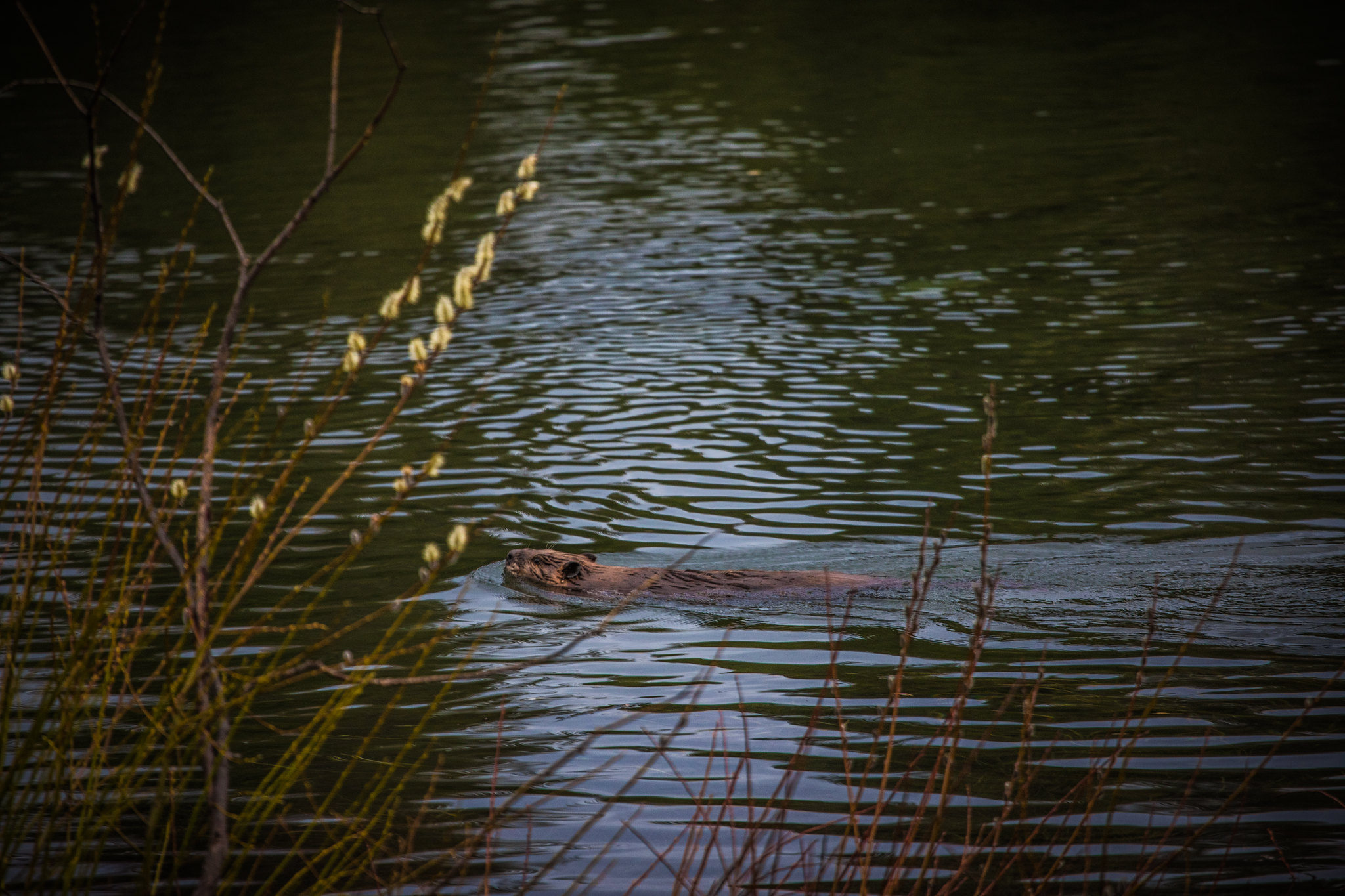Planning healthy forests The U.S. Forest Service manages 193 million acres of public land in the United States, including forested watersheds that provide over 60 percent of the water that … Read more
Sarah Bates
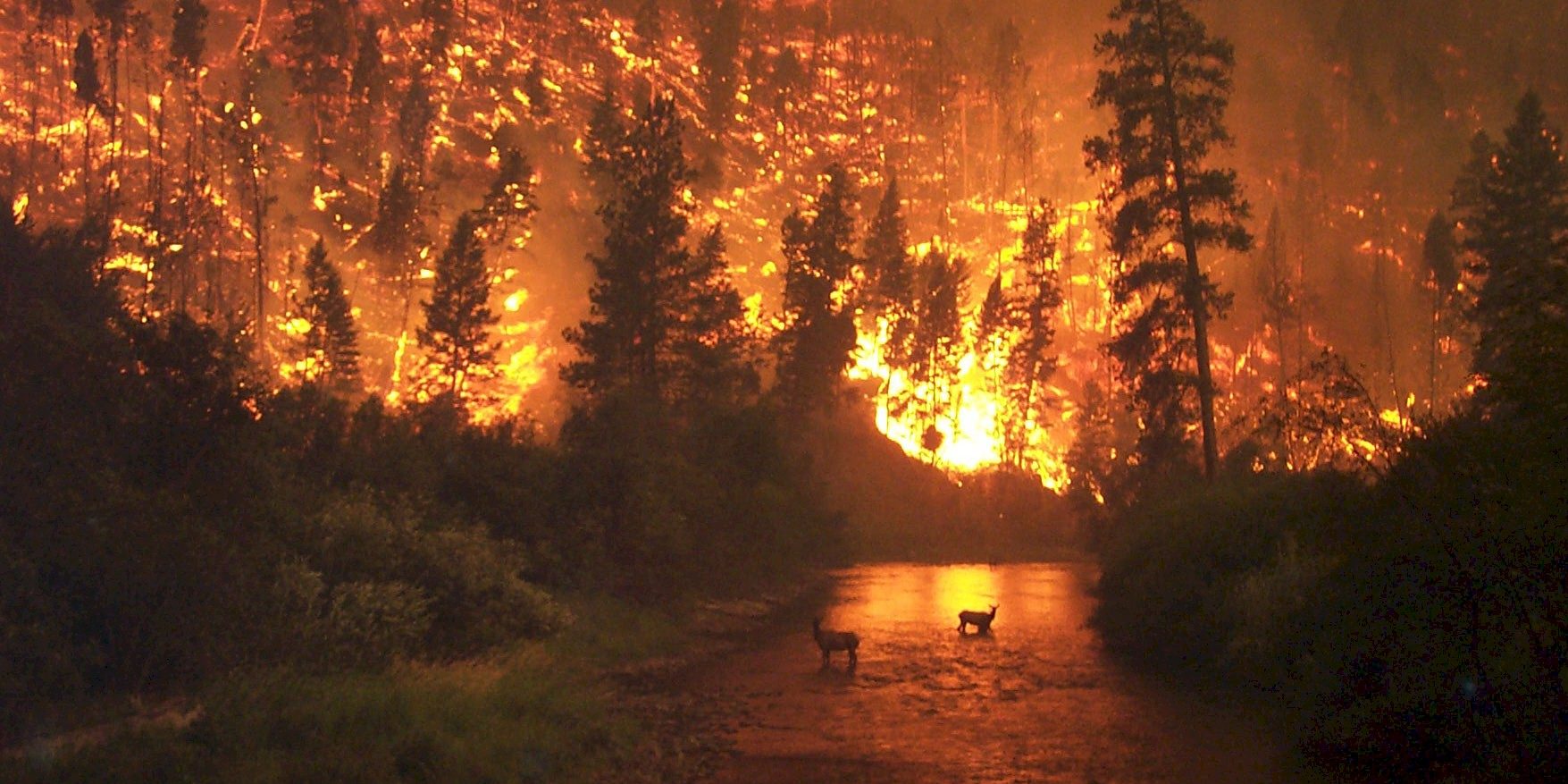
Fire, Water, and Our Public Lands
Just how many “wake up calls” can we stand in the year 2020? On top of social, economic, and political disruptions and unrest, we’ve experienced epic wildfires that directly impacted … Read more
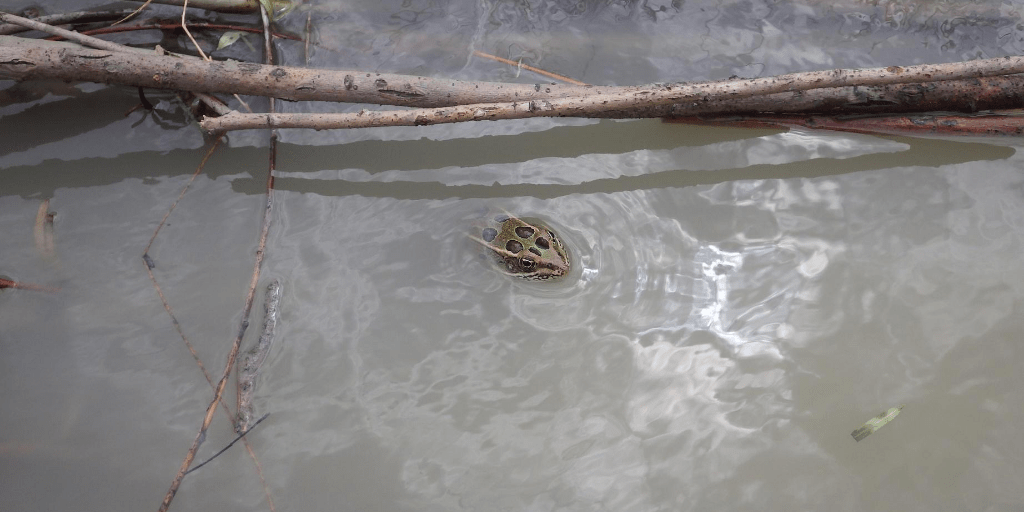
Re-watering the Prairie
Traversing dirt roads in Montana’s undulating prairie landscape on a hot summer day is an exercise in avoiding deep ruts, while watching the horizon for oncoming thunderstorms that might strand … Read more
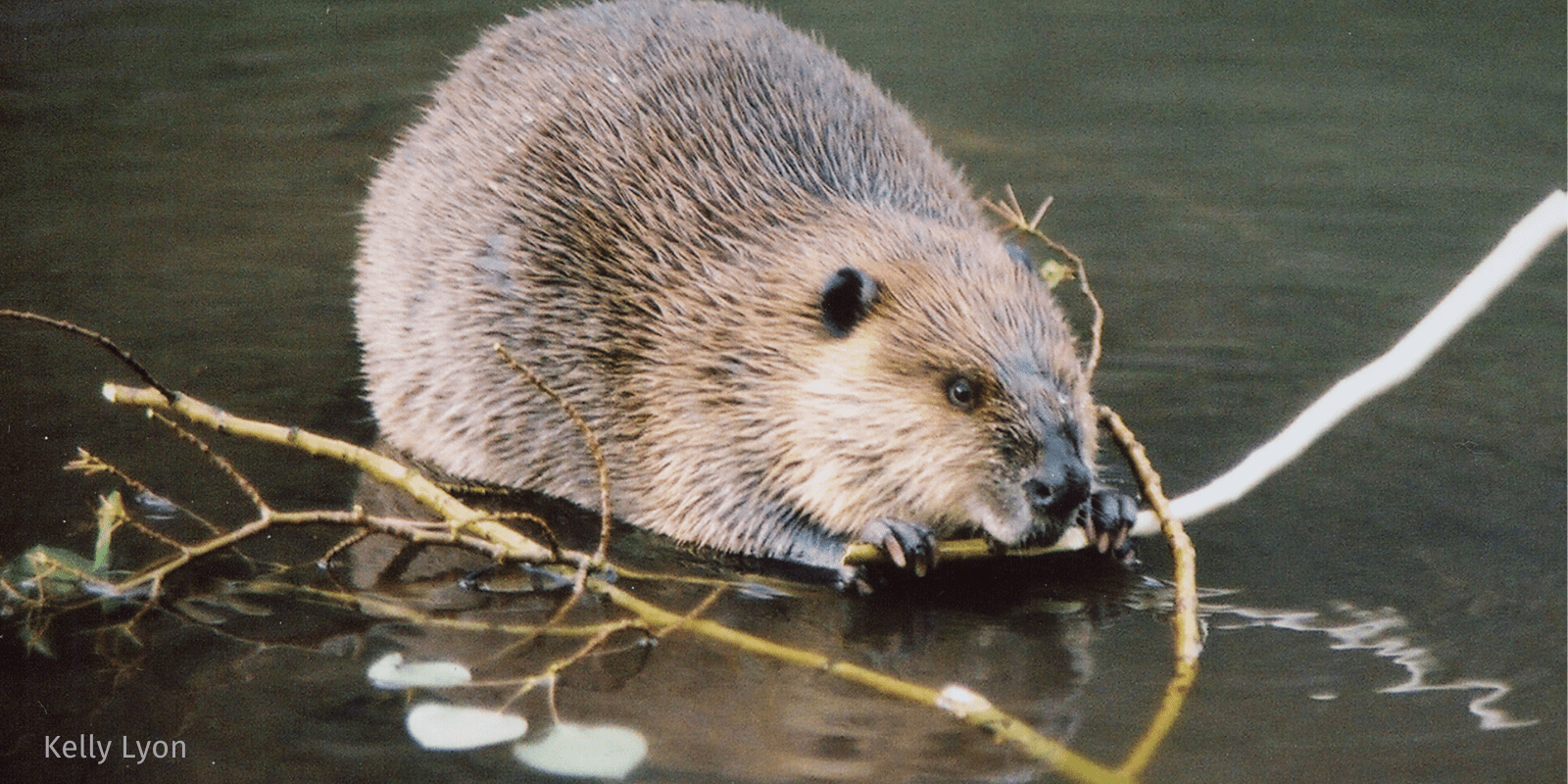
Make Way for Beavers
Enthusiasm for beavers and their role as ecopartners is growing! Why? They are nature’s original engineers, deftly creating new riparian habitat and healthy streams. But sometimes beavers need a little … Read more
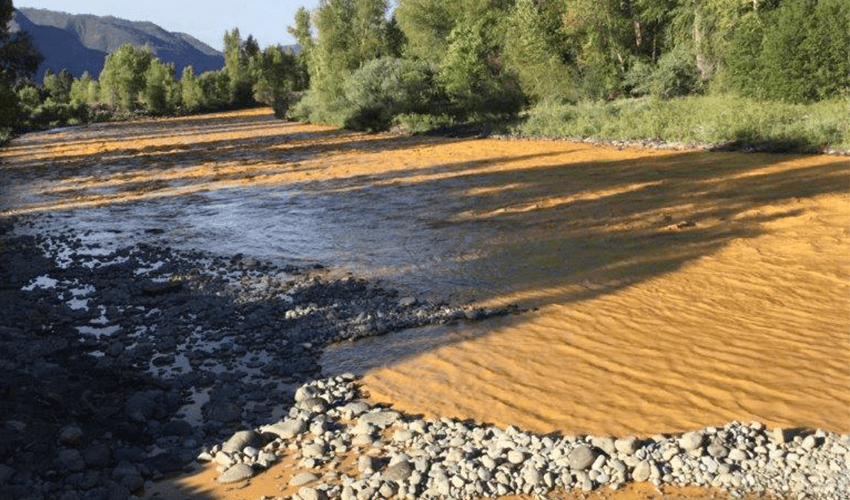
Healthy Headwaters for People and Wildlife
Strategic partnership aims at healthy forests, healthy water, healthy people—and water for wildlife The whole is greater than the sum of its parts. Or, as National Wildlife Federation’s Chief Program … Read more
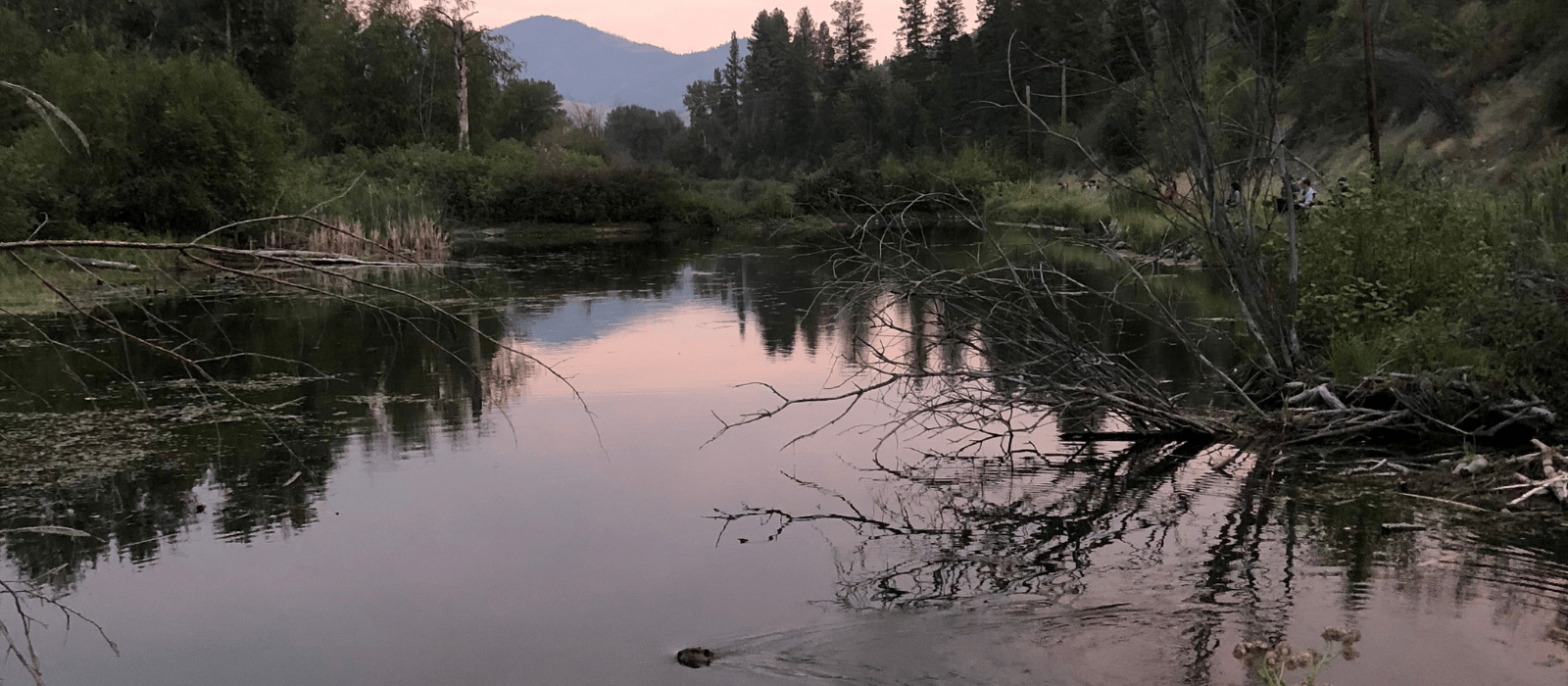
Swimming with Salmon, Splashing with Beavers
Preparing for our beaver pond vigil, Professor Phil Brick expressed some doubt that a group of nearly two dozen lively and excited college students would be able to sit silently … Read more
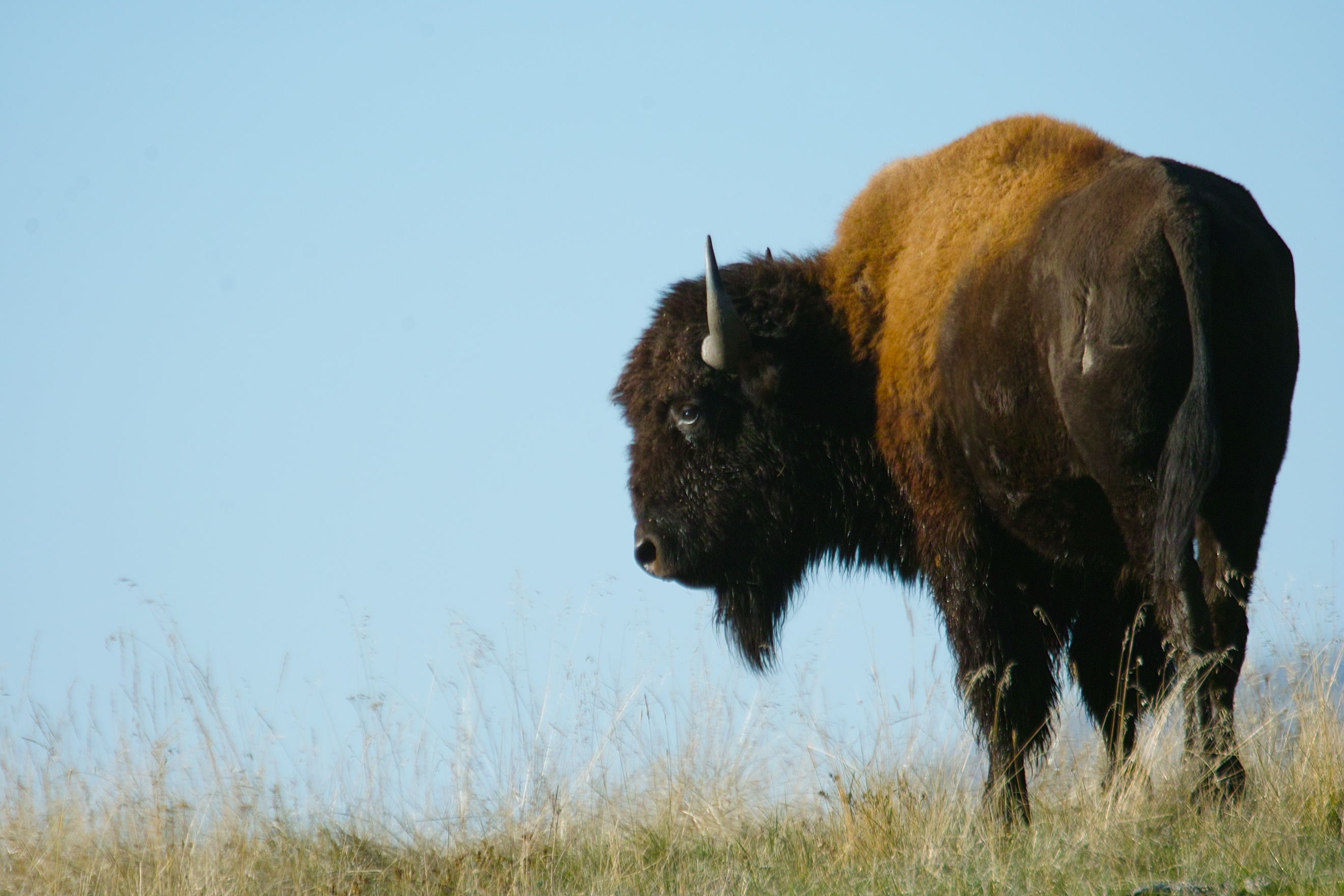
Buffalo Unites Us
The American bison or buffalo is essential to the traditions, culture, beliefs and religious practices of Native American tribes across the western United States and Canada. Many Americans are familiar … Read more
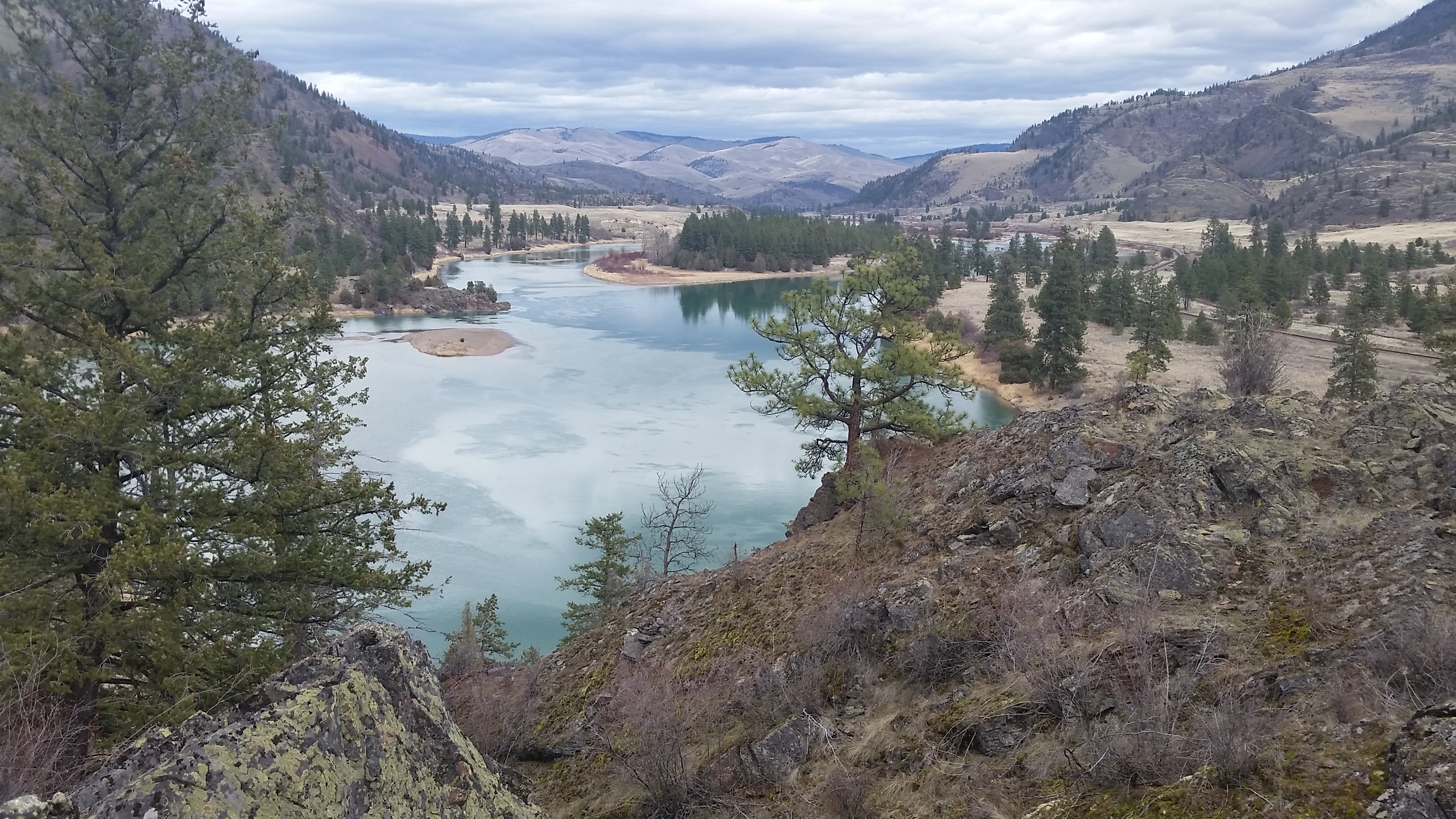
Western Rivers at Risk
Water–or the lack of it–defines the American West. One commonly used marker that you’ve crossed into the western part of the country is the 100th Meridian, which bisects the Great … Read more
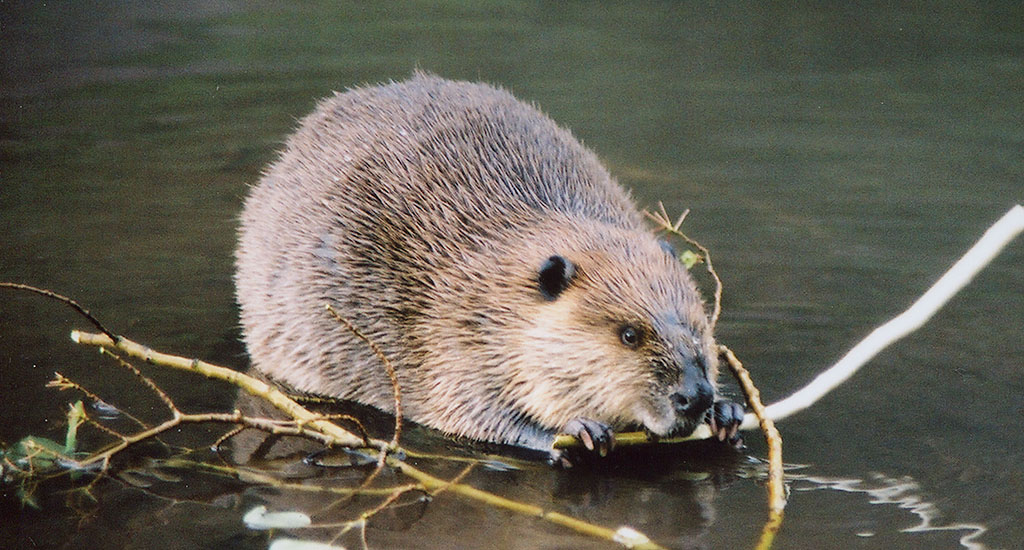
The Best Dam Water Engineers
Beavers may be our most important partner in protecting and restoring western streams and watersheds. By building temporary dams on small streams, beavers slow down rainwater runoff and snowmelt. This … Read more
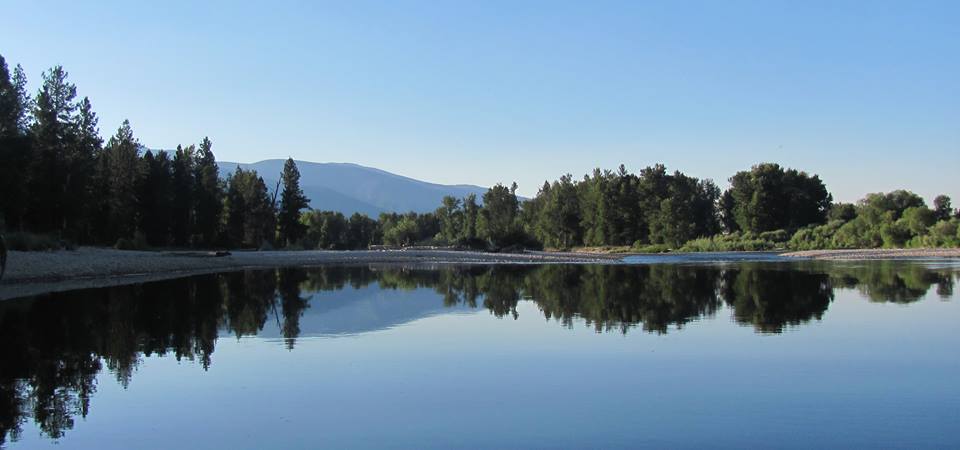
Protecting Water for Wildlife
In the late summer, western rivers get “skinny”–depleted by longstanding diversions for irrigation and municipal demands, and exacerbated by changes in mountain snowpack and warmer temperatures due to climate change. … Read more

